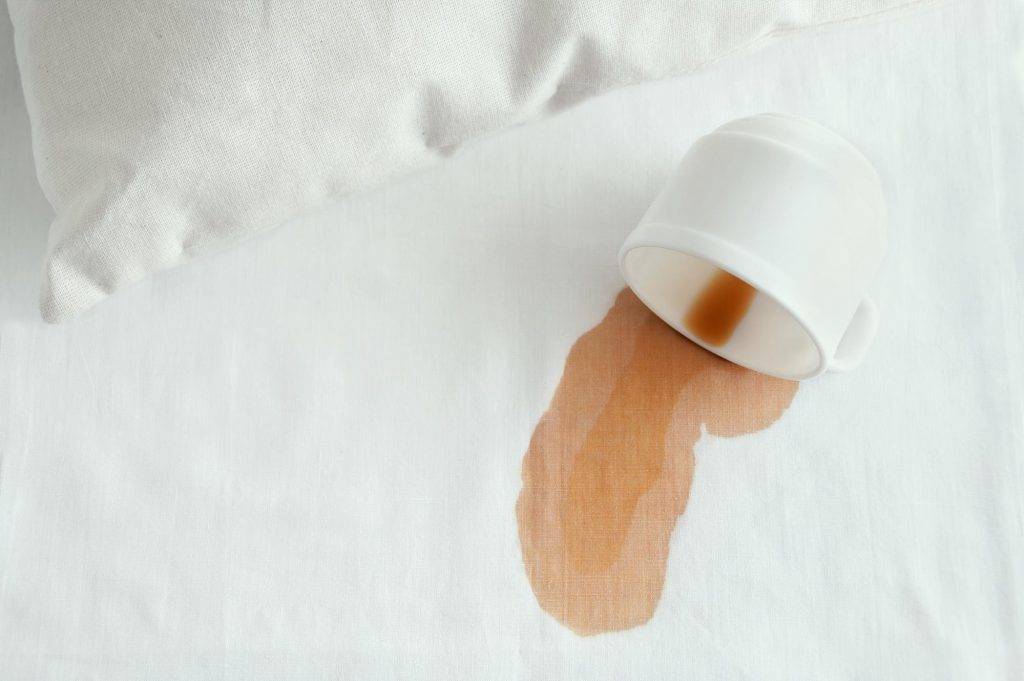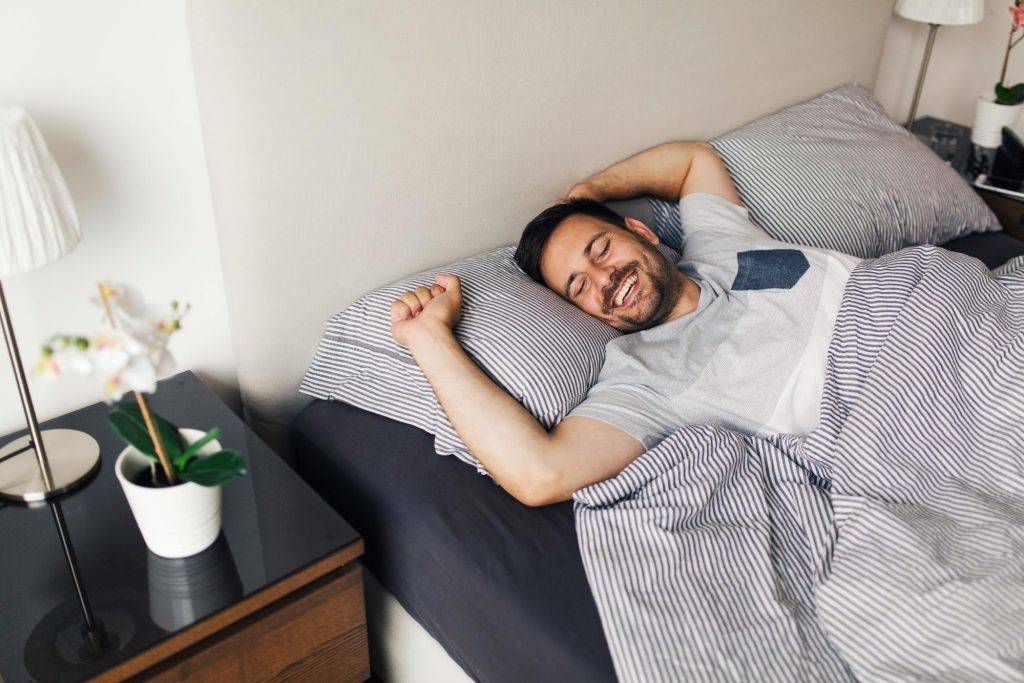If you’re buying a mattress, it’s not unusual for the salesperson or online chatbot to inquire if you would also like to purchase a mattress protector. While it may seem like an unnecessary add-on, a mattress protector can go a long way in providing an additional layer of protection for a mattress that just cost you hundreds – if not thousands – of dollars.
While they are a common product for children’s beds, mattress protectors aren’t just for people who may have accidents while they sleep. As the name suggests, a mattress protector can be the first line of defense for ensuring the longevity of your mattress.
Even if you’ve owned a mattress for a few years already, it’s never too late to add a mattress protector.
Mattress protectors should not be confused with other types of mattress add-ons. Another common addition is a mattress pad, which adds a layer for comfort and can act as a temporary solution when it’s almost time to purchase a new mattress. There are also mattress encasements, which are typically waterproof like most mattress protectors. However, they are zippered around the entire mattress, making them more difficult to remove and wash regularly.
There are several reasons adding a mattress protector to your bed is worth the investment.
It Keeps Your Mattress Clean

Families with children or pets are also familiar with the unidentified messes that can happen in bed. Whether it’s food, drinks, slobber, fur, or sticky toys like slime, it can and will be brought into the bedroom. And parents don’t want the hassle of policing the bedroom while they’re snuggling up with their children just to keep the mattress clean.
Not only do food and drink items leave a residue that can attract bugs, but they can negatively impact the many material layers of your mattress, reducing its durability and lifespan.
Even if you’re a neat freak, it’s impossible to keep a bed perfectly clean. This is because we typically spend at least seven hours in bed every day. During this time, we sweat, release natural oils, and shed dead skin cells.
All of these can sink in past your bed sheet and into the mattress, where they can create odors, stains, and allergens, degrading the materials of the mattress over time.
It Protects Your Investment and Saves You Time
Because mattresses are expensive long-term purchases, most people spend an extended amount of time researching their different options, going to stores to try out different mattresses, and poring over reviews to ensure that their money is going toward the best option.
It’s all in the name: Mattress protectors protect your mattress! And if you’re spending this much time and money on it, it’s worth protecting. As we previously mentioned, fluids that end up on your bed, spills or otherwise, can limit the life and comfort level of your mattress. This is because perspiration and other fluids wear down the foam in the mattress, which provides cushioning and support.
It’s also worth noting that stains on your mattress will void most warranties. Even if you are trying to return the mattress because of a legitimate defect from the manufacturer, most companies will refuse the claim if your mattress is stained.
When you consider this risk, you’re like to conclude that it’s not worth taking a chance, especially because you won’t be able to tell if you’ll have issues that could be covered by your warranty a couple of years down the line.
It Helps Reduce Allergens
If you’re waking up with a runny nose and itchy eyes, or if you find yourself sneezing, wheezing, or having difficulty breathing, you might be suffering from dust mite allergies. Dust mites are microscopic bugs that live among the dust in your home, which is made up of dead skin cells, dander, dirt, and other small debris.
Dust mites can thrive in your mattress if you don’t use a mattress protector because of the dead skin cells and oils that we naturally release. If you’re among the 50 million Americans who suffer from allergies, dust mites can exacerbate your symptoms and cause eczema flare-ups.
It’s impossible to keep dust out of your home, but a mattress protector can help keep it out of your bed. Investing in a mattress protector is a simple way to invest in your health.
Finding a Quality Mattress Protector

No matter the material, any mattress protector that you consider should be 100% waterproof, as this is its main function. It’s also important to know what the waterproof material is made of, as certain types can make loud, crinkly noises that may disrupt your sleep as you shift around.
You should also only consider mattress protectors that are hypoallergenic. These will block allergens more effectively and alleviate allergy symptoms. Even if you don’t suffer from allergies, a hypoallergenic mattress protector can help reduce the likelihood of breathing in microscopic debris, which can cause other adverse health effects.
You will also want to decide if you want a mattress protector that goes on like a fitted sheet or encases the entire mattress. While an encasement protector provides full-mattress protection, it can be a hassle to remove it for cleaning. A fitted mattress protector provides as much protection for the top of your mattress as an encasement protector does without the extra effort.
Due to its ease of use, most people prefer standard mattress protectors. After all, the top of the mattress is the area with which you have the most direct contact.
You can also look at mattress protectors that are designed for increased ventilation, which may help keep you cooler at night. However, because there are other ways to accomplish this (such as cooling sheets and blankets), it shouldn’t necessarily be your primary focus.
Mattress protectors can range in price from as low as $20 to over $100, so it’s important to research various products and read through the available reviews.
A typical mattress protector should last for a couple of years, but it may last the entire lifetime of your mattress if it’s high quality and well taken care of.
While a mattress protector is an extra expense, it’s nothing compared to the peace of mind, health benefits, and extra level of protection that it provides.